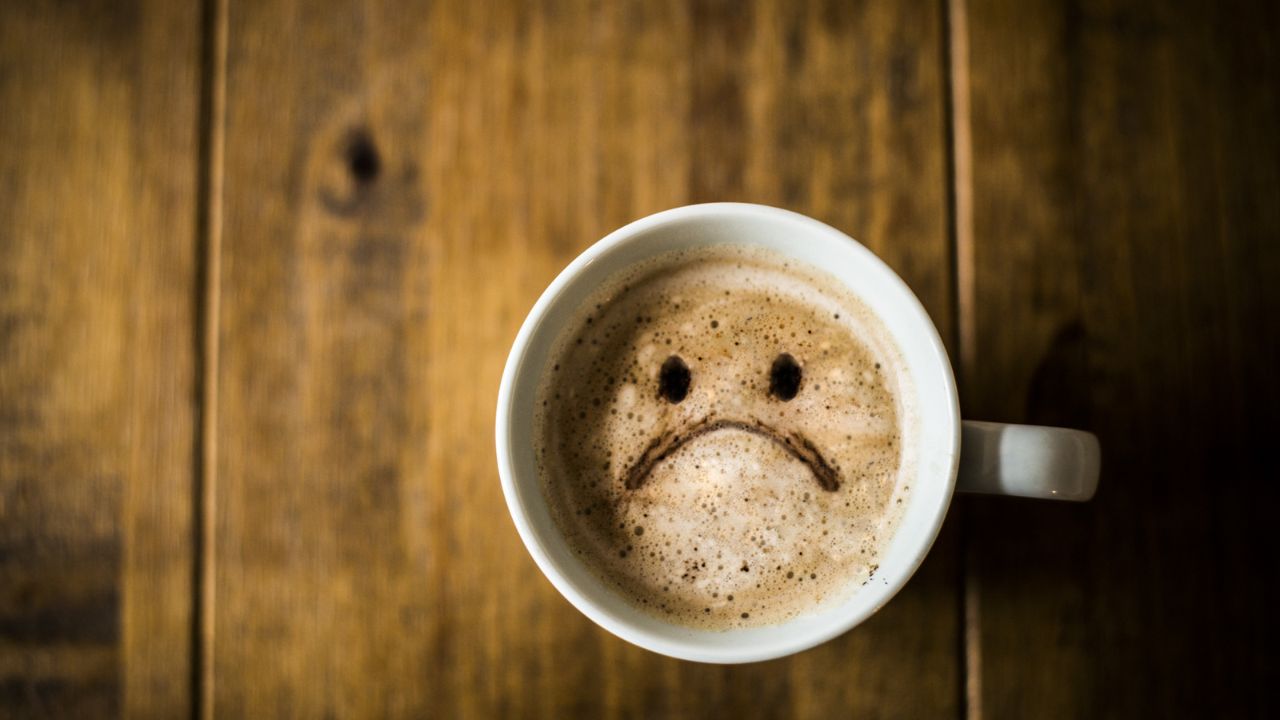
Have you been sleeping a lot lately, or maybe had a hard time sleeping at all?
Have you lost interest in things that you have long enjoyed doing?
Have you been feeling sluggish and tired, like even little things require too much of your energy?
Well, you may have depression. But you also might not have depression.
You see, depression is not like it is shown on TV and in movies. The first thing we often think of when we hear the world is sadness or hopelessness – in fact, “depressed” has become interchangeable with those same words. But it is quite a multifaceted thing.
It is so nuanced that sometimes attention deficit hyperactivity disorder is misdiagnosed as depression, as well as anxiety, and physical health issues like diabetes, hypothyroidism, low blood sugar, and anemia can also look like depression.
So, how can you tell?
The best way to know if you should seek out a diagnosis of depression is to recognize some of the ways it manifests. Depression can look like…
1. Physical discomfort.
While we think of it as a mental health issue – and it is – depression can and does show up as pain in our bodies. What you might think of as random pains, like headaches, achy muscles, back pain, or fatigue, could actually be symptoms of depression. These pains would be recurring and seemingly unexplainable.
2. Social withdrawal.
Depression can cause us to create distance between us and our family and friends and keep us out of social settings. We may believe we are just tired, or have been feeling overwhelmed lately and would rather spend some time with ourselves, but a pattern of withdrawal can indicate depression.
3. Difficulty making decisions.
Depression does not just interfere with our feelings of happiness and optimism; it can also disrupt our stability and priorities, which can make decision-making quite hard. When we “don’t care” about things, as depressed individuals often feel, it is difficult to choose one thing over the other, even in a simple decision.
4. Anger and irritability.
When someone is depressed, one way it can manifest is like if their sensitivity is turned up to the max. They may seem more irritable or more easily angered than they usually are. Little things might set them off in big ways.
5. Changes in appetite.
Another way that depression can impact people physically is by changing their appetite in noticeable ways. Some people suffering from depression experience an increased appetite and develop cravings, causing weight gain, while others find it difficult to eat at all and lose weight.
6. Self-harm.
Because depression can impact so many areas of our lives, some sufferers are profoundly affected by it and even consider harming themselves or taking their own lives. If you have had thoughts of self-harm or suicide, here is a list of hotlines by country that can help.
If some, many, or all of these apply to you, you may consider speaking with a mental health professional about seeking diagnosis and treatment. There is no need for you to suffer in silence.
If you received this email directly, thank you for taking the time to read it. Knowledge is power and when we all know, we can better help, whether we are helping ourselves or others.
If you received this email forwarded from a friend, they care about you and want to help. It is what I would do for someone I wanted the best for. After all, as the saying goes, “Depression is not a sign of weakness; it is a sign of trying to remain strong for too long.”
Make today your masterpiece!
Florina
Get My Blog Posts Right in Your Inbox Every Week
Make your mental health a priority. Receive tips and strategies for living well – mentally, physically, and emotionally – every week.
Get My Free Guide: 7 Cheap, Simple Strategies for Boosting Your Brain Performance
Better focus – clearer memory – faster cognition – more mental clarity – improved intellect…
Your brain is capable of beautiful things. If you don’t think you’re getting the most out of your cranial supercomputer, you can reap the benefits of these 7 simple strategies for the low, low price of “free.”